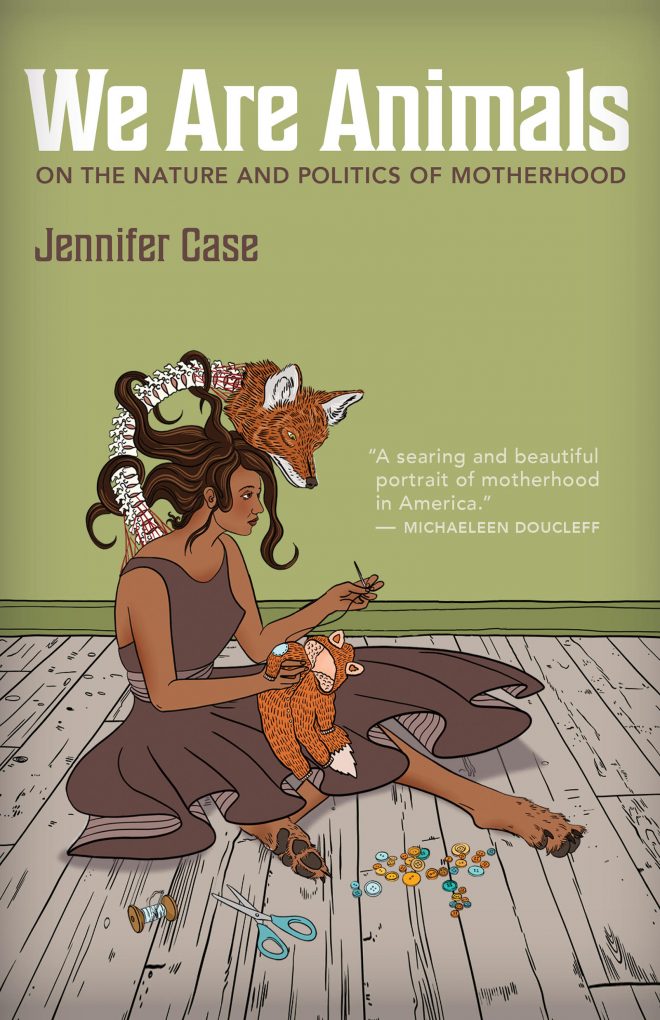Jennifer Case’s “We Are Animals” Examines Motherhood Through a Multifaceted Lens

Jennifer Case, a creative writing professor at the University of Central Arkansas, delves deep into the intricacies of motherhood, feminism, and reproductive justice in her upcoming book, We Are Animals: On the Nature and Politics of Motherhood. Set to be published by Trinity University Press on September 17, 2024, the collection of essays explores the profound and often challenging experiences of being a mother in contemporary society.

Case’s background as both a researcher and mother allows her to fill a gap in resources for new mothers. By combining personal narrative and sociological research, her writing illuminates the influence social structures have on mothers’ personal experiences.
“So often, we move through life overwhelmed with our personal struggles, without fully realizing how those struggles connect to larger structures and issues. The book tries to make those connections clear, hopefully in a manner that contributes to change and understanding,” she says.
As one may expect, her own experiences with motherhood catalyzed her investment in this project. “Childbirth put me in touch with my animal self in a way I hadn’t before,” Case explains. “I wrote to understand that shift. When I became pregnant with my second child—an unintended pregnancy during the 2016 election—the political, social, and biological complexities of motherhood fully revealed themselves. I’ve always been one to write into difficulty, so I did that,” Case said.
Case hopes that the book raises awareness and offers support and clarity to women who’ve struggled with their experiences of motherhood.
“It is really difficult to talk openly about struggles with motherhood—whether feelings of ambivalence, depression or anxiety, or dissatisfaction. There’s a lot of social pressure to be the ‘good mother’ who always loves motherhood, and women can feel silenced and judged when their stories don’t quite fit that,” Case says. She hopes to reassure readers that “these [experiences], in fact, are simply part of being human.”
For more information and to request a press kit, contact Burgin Streetman at bstreetm@trinity.edu.





Comments